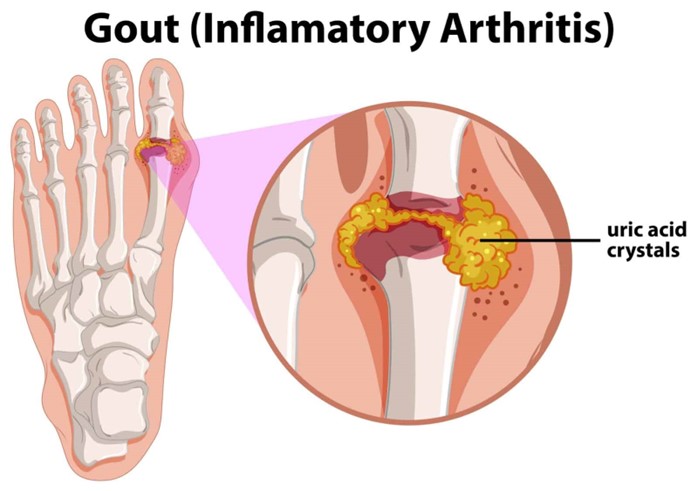A nurse is reviewing the laboratory findings of a client who has heart failure. Which of the following findings indicates that the client is experiencing fluid volume excess?
Creatinine 0.8 mg/dL
Hgb 15 g/dL
BUN 18 mg/dL
Sodium 149 mEq/L
The Correct Answer is D
Choice A reason: Creatinine 0.8 mg/dL is within the normal range (0.6-1.2), and it does not indicate fluid volume excess. Creatinine is a waste product of muscle metabolism that is filtered by the kidneys. High creatinine levels can indicate kidney damage or impaired renal function.
Choice B reason: Hgb 15 g/dL is within the normal range (13-17 for men, 12-16 for women), and it does not indicate fluid volume excess. Hgb stands for hemoglobin, which is a protein in red blood cells that carries oxygen to the tissues. Low hemoglobin levels can indicate anemia, bleeding, or hemolysis.
Choice C reason: BUN 18 mg/dL is within the normal range (7-20), and it does not indicate fluid volume excess. BUN stands for blood urea nitrogen, which is a waste product of protein metabolism that is filtered by the kidneys. High BUN levels can indicate dehydration, kidney damage, or high protein intake.
Choice D reason: Sodium 149 mEq/L is high and indicates fluid volume excess. Sodium is an electrolyte that helps maintain fluid balance, blood pressure, and nerve impulses. High sodium levels can cause fluid retention, edema, hypertension, and heart failure.
Nursing Test Bank
Naxlex Comprehensive Predictor Exams
Related Questions
Correct Answer is D
Explanation
Choice A reason: A pump is usually needed to administer intermittent tube feedings, as it can control the flow rate and volume of the formula. A pump can also prevent overfeeding, aspiration, or diarrhea.
Choice B reason: Administering feedings over 10 to 20 minutes is too fast, as it can cause abdominal cramps, nausea, vomiting, or dumping syndrome. Intermittent tube feedings should be administered over 30 to 60 minutes.
Choice C reason: Administering feedings while sleeping at night is not recommended, as it can increase the risk of aspiration, reflux, or infection. Intermittent tube feedings should be administered during waking hours and with the head of the bed elevated at least 30 degrees.
Choice D reason: Advancing the rate of feedings slowly is advisable, as it can help the body adjust to the formula and prevent intolerance or complications. The rate should be increased gradually until the desired goal is reached.
Correct Answer is C
Explanation
Choice A reason: Eating more tuna is not an appropriate food choice for a client who has gout because it is high in purines, which are substances that break down into uric acid in the body. Uric acid can form crystals in the joints and cause inflammation and pain, which are symptoms of gout. Tuna should be limited or avoided by clients who have gout.
Choice B reason: Eating more red meat is not an appropriate food choice for a client who has gout because it is high in purines, which are substances that break down into uric acid in the body. Uric acid can form crystals in the joints and cause inflammation and pain, which are symptoms of gout. Red meat should be limited or avoided by clients who have gout.
Choice C reason: Eating blueberries every morning is an appropriate food choice for a client who has gout because they are low in purines and high in antioxidants, which are substances that protect the cells from damage caused by free radicals. Antioxidants can help reduce inflammation and pain, which are symptoms of gout. Blueberries also provide vitamin C, fiber, and water for the client.
Choice D reason: Eating bananas for a snack is not an appropriate food choice for a client who has gout because they are high in fructose, which is a type of sugar that can increase uric acid levels in the blood. Fructose can worsen gout attacks by triggering inflammation and pain in the joints. Bananas should be limited or avoided by clients who have gout.

Whether you are a student looking to ace your exams or a practicing nurse seeking to enhance your expertise , our nursing education contents will empower you with the confidence and competence to make a difference in the lives of patients and become a respected leader in the healthcare field.
Visit Naxlex, invest in your future and unlock endless possibilities with our unparalleled nursing education contents today
Report Wrong Answer on the Current Question
Do you disagree with the answer? If yes, what is your expected answer? Explain.
Kindly be descriptive with the issue you are facing.
